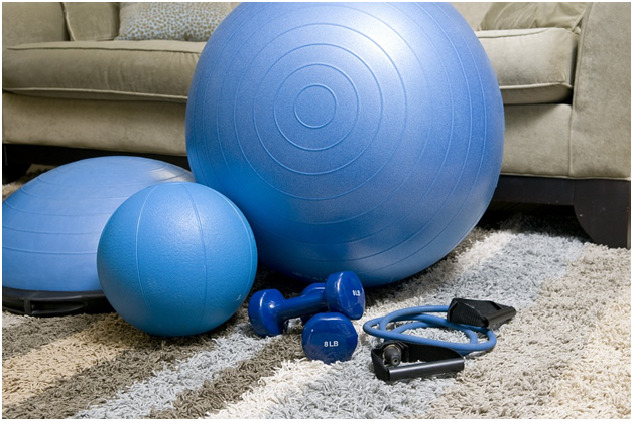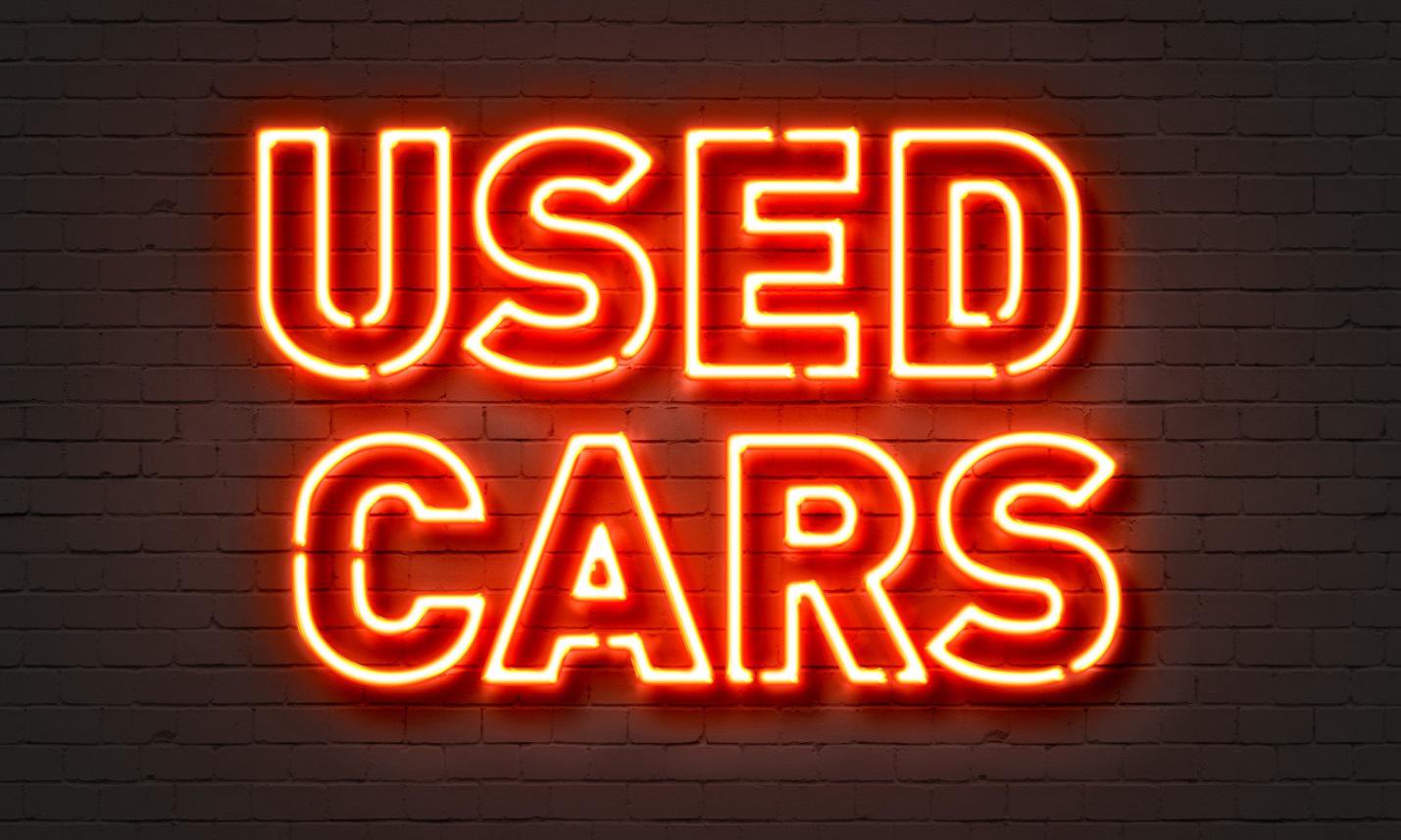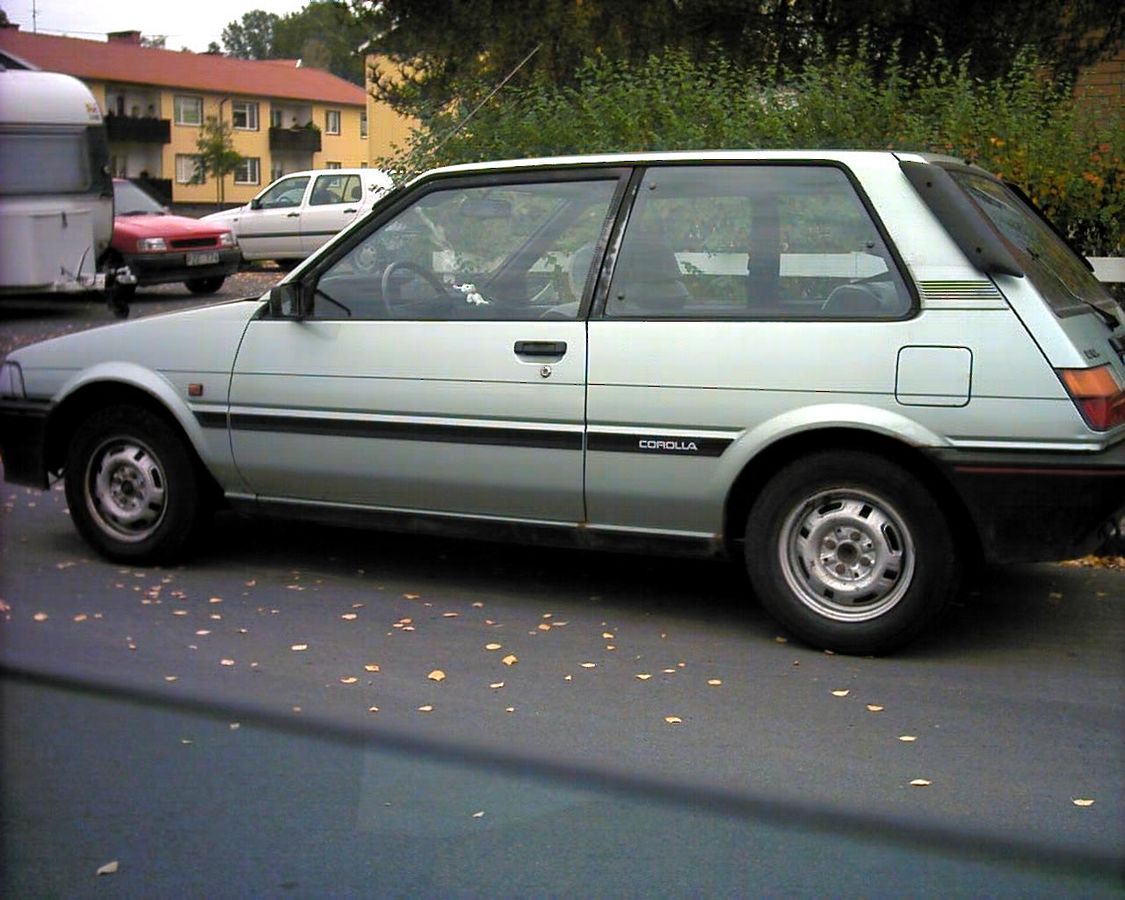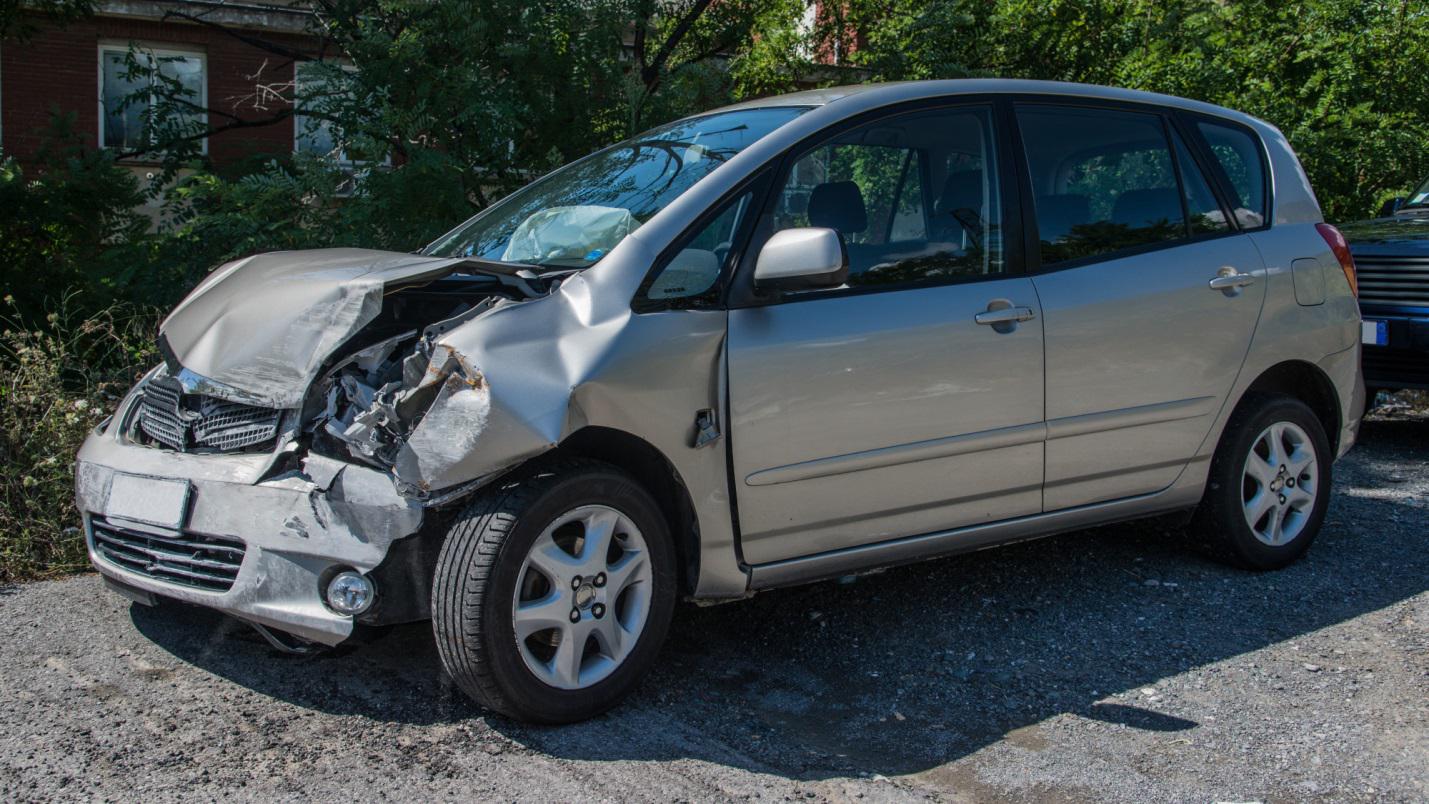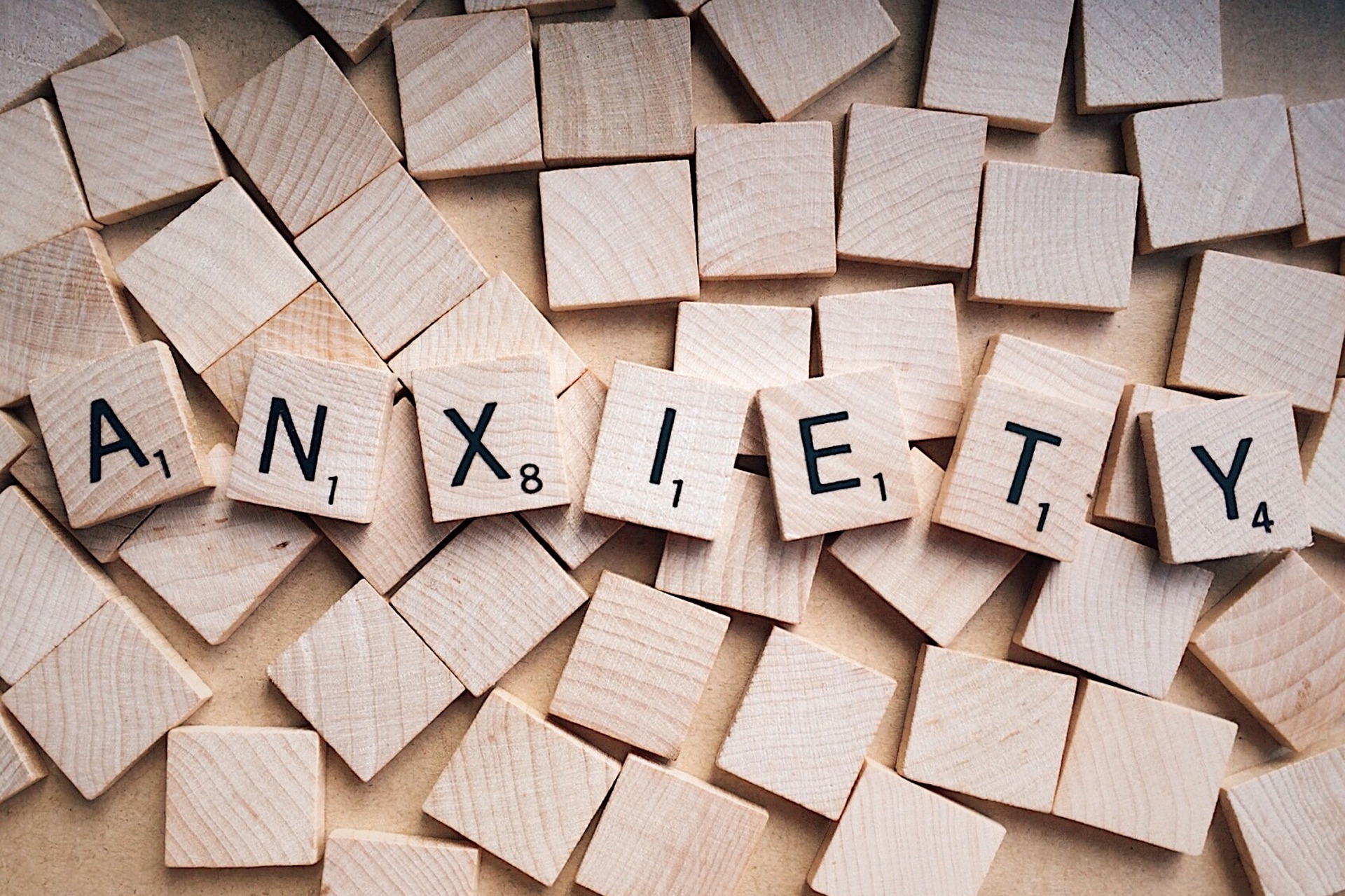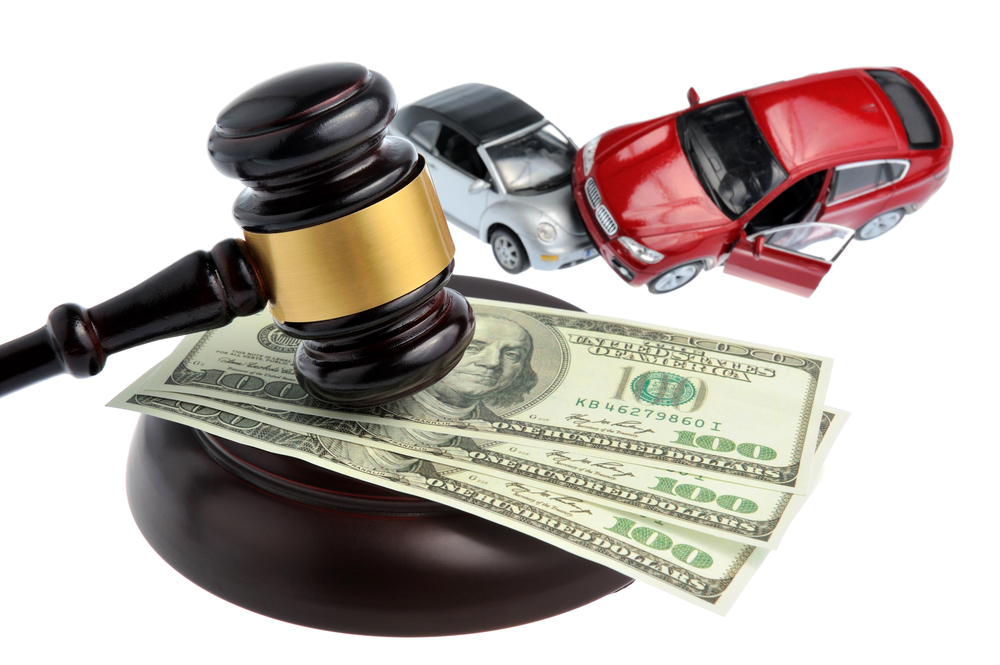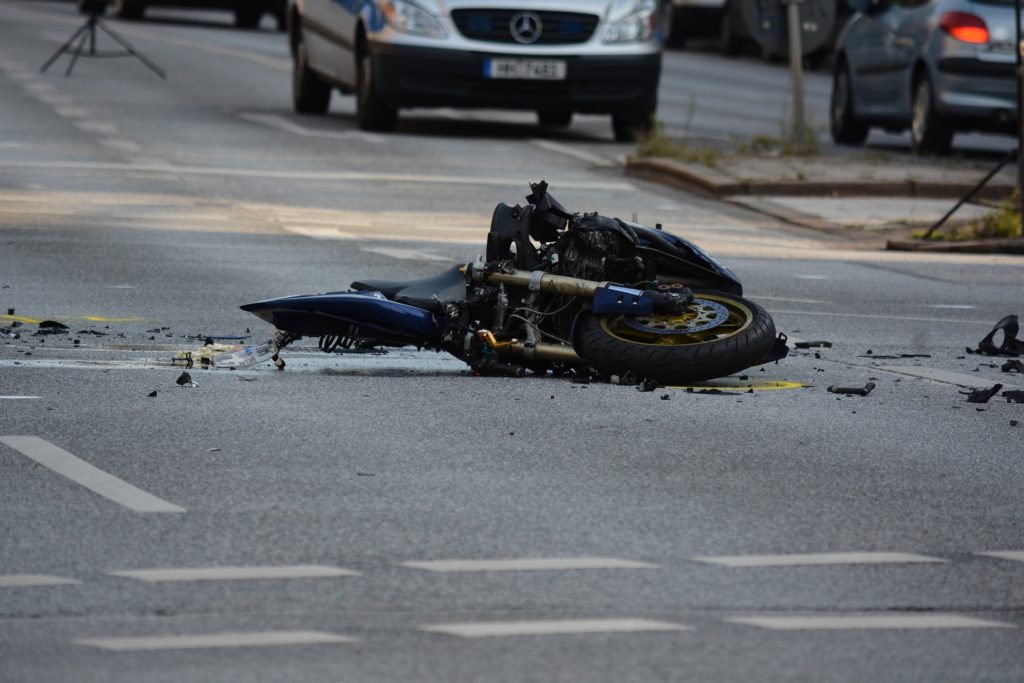 A motorcycle accident is generally more serious than a traditional car accident. With no frame between you and the road, you’re far more susceptible to injury than other drivers. But that doesn’t mean your life is over. By focusing all of your energy on your recovery, you may eventually be able to return to normal.
A motorcycle accident is generally more serious than a traditional car accident. With no frame between you and the road, you’re far more susceptible to injury than other drivers. But that doesn’t mean your life is over. By focusing all of your energy on your recovery, you may eventually be able to return to normal.
Common Motorcycle Injuries
You can sustain almost any injury in a motorcycle accident. With nothing but a few pieces of protective equipment separating you from the pavement, it’s not uncommon to see things like:
- Broken bones and fractures
- Lacerations
- Road rash
- Torn muscles and tendons
- Serious bruising and/or bleeding
- Spinal injuries
- Traumatic brain injuries (TBI)
Obviously there’s a wide spectrum of injuries included on this list. Some people are able to get up and walk away from a motorcycle crash, while others have to be rushed into emergency surgery. Depending on the severity of your injuries, it could take anywhere from days to months to see physical improvement.
3 Motorcycle Injury Recovery Tips
Whether you have minor, moderate, or serious injuries, you’ll find the following tips helpful in allowing you to heal and recover.
1. Follow Your Doctor’s Orders
It sounds like simple enough advice, but it’s amazing how many people fail to follow their doctor’s orders and end up hampering their ability to heal and recover.
There are two primary reasons to follow your doctor’s orders. First and foremost, they know what’s best for you and will help you reach a fuller recovery faster. Secondly, you need to show that you’re taking your injuries seriously. If you end up filing an insurance claim or lawsuit, an inability to follower basic orders from your doctor will hurt your case.
2. Hire a Motorcycle Accident Lawyer
Once you’re stable and moving in the right direction, hire a local motorcycle accident lawyer to review your case and figure out how to proceed with insurance claims and/or lawsuits. Depending on the details of your case, you may be entitled to seek compensation for medical expenses, lost wages, damages to your bike, physical impairment and disability, loss of consortium, and pain and suffering.
“When a motorcyclist has been permanently disabled in an accident, we may work with life care planning consultants to project our client’s medical expenses and need for living assistance in the years ahead,” Tate Law Offices explains. “These may include the costs of anticipated medical treatment, medications and consumable medical supplies, assistive devices (wheelchairs, hospital beds, etc.), in-home assistance or nursing care, etc.”
The best part is that motorcycle accident lawyers generally operate on a contingency fee basis. This means you don’t owe them a dime until they recover your money. In other words, you aren’t out of pocket any money.
3. Make Healthy Lifestyle Changes
The third suggestion is to make healthy lifestyle changes that improve your odds of recovery in a swift and sustainable fashion. It’s recommended that you:
- Get enough sleep. They say sleep is the secret ingredient of injury recovery. As you sleep, your muscles see an increase in blood flow, which allows them to recover, repair, and regenerate cells. In certain stages of sleep, hormones like prolactin are released (which regulates inflammation). Without adequate amounts of sleep, your recovery will take much longer.
- Eat healthy. Diet and nutrition are important parts of injury recovery. You want to reduce your intake of pro-inflammatory foods (like highly processed foods) and eat more anti-inflammatory foods (like berries, fatty fish, broccoli, avocados, and green tea).
- Stay mobile. Except in certain cases – such as spinal injury or TBI – staying physically active is an important part of the recovery process. Listen to your doctors and physical therapists and follow their orders for stretching and movement.
Returning to Normal
Once you reach a full recovery, you’ll have some big decisions to make. Will you continue to ride bikes, or was this a wakeup call? If you do continue to ride, what sorts of changes will you make to the way you ride? Do you need more safety equipment? Should you try a different motorcycle?
Use this injury as a learning opportunity – regardless of whether you continue to ride bikes or not. Consider yourself blessed to have a second chance at life and don’t squander anything!
